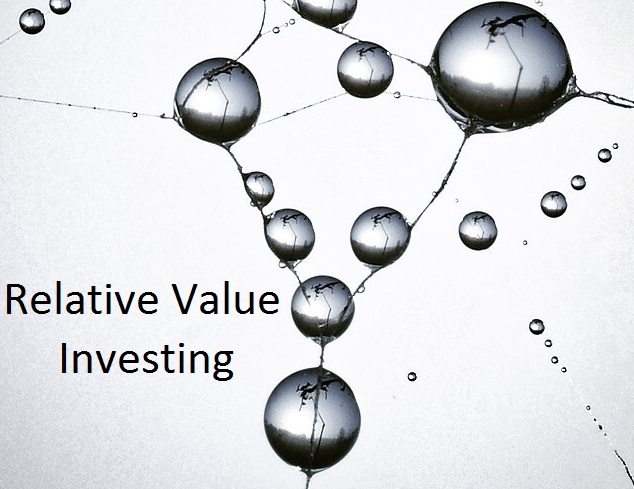1. Risk/Return Profiles
All investments come with a certain level of risk, and returns are not guaranteed. It’s essential for an investor to understand that there are various risks associated with alternative investments. Therefore, investors should understand their risk/return profile, or how much they are willing to risk losing in exchange for potential gains. In general, the greater the risk, the greater the potential return associated with the investment is. Given that every investor’s risk/return profile is different, it’s crucial for investors to understand their appetite in order to find the investment opportunity that best suits them.
Finding the one that stands out.
2. Search Costs and Accessing the Managers
Once an investor has determined that they are comfortable with the risks and returns associated with alternative investments, the next step is to identify and hire fund managers. Investors will need to compile a list of fund managers, interview and conduct the proper due diligence, and weigh the costs and benefits of allocating to different asset types. Search cost is a factor that investors need to take into consideration when it comes to accessing and identifying fund managers.
Once investors compile a short list of potential fund managers with whom they’d like to initiate discussions with, extensive research on the fund managers and associated firms is usually conducted. Research may include checking FINRA’s broker check to see if the fund manager has any SEC violations or pending infractions, or analyzing and understanding the fund manager’s track record.
3. Understanding the Fund’s Complexity
The strategies and goals behind a venture capital fund, private equity fund, and a hedge fund vary significantly. Each of these asset classes also have another layer of various strategies. For instance, typical hedge fund strategies include global macro, event-driven, relative value arbitrage, quantitative, multi-strategy, and more. Investors should have a comfortable understanding of how the fund generally behaves and the trading characteristics behind the various fund strategies. While it’s okay for investors not to understand the specific algorithms behind a quantitative fund, it’s imperative for the investor to understand the general strategic thesis of the fund.
4. Fee Structure
The standard fee structure for funds is the 2/20 model, a 2% annual management fee and 20% carry, or performance fee, over a certain return threshold. Recently, there has been a rising level of investor discontent with the 2/20 fee structure, and funds are starting to reconsider their fee structures in order to better align fund interests with those of their investors. Having said that, investors should have a thorough understanding of the fund’s fee structure. Understanding how performance fees are calculated, having a clear picture of execution and fund administration costs, and knowing hurdle rates and redemption terms are all best practices when reviewing funds. Intricacies in fee terms can result in significant differences in capital that flow back to investors.
Another factor investors should consider is whether fund managers invest in their own funds, which helps to align incentives between both parties. Overall, investors should carefully evaluate and scrutinize the fees to insure that the associated fees align investor and fund manager incentives.
5. Familiarity with the Due Diligence Process
Once investors have identified fund managers that are potential investment targets, completing the due diligence process is usually next in line. Investors can access the industry standard due diligence questionnaire (DDQ) provided by associations such as the Alternative Investment Management Association. It is also common during the due diligence process for investors to meet face-to-face with the fund managers to discuss the fund’s competitive differentiation from other funds, its strategy, and track record. In addition, many investors also vet the brokerage firm and any other third party fund administrators that the fund works with in order to ensure that the fund is engaging with top industry professionals.
6. Taxes
Last but not least, tax efficiency is a vital investment consideration for investors. While fund performance and alpha are important, tax efficiency is just as crucial as it will have a significant impact on an investor’s bottom-line profits. Investors should understand how the returns are taxed and if there are any tax risks associated with the strategy. The last thing an investor would want is an audit from the IRS due to untested or questionable tax strategies. Investors should always consult with their lawyers and financial advisors on tax efficiency strategies in to make sure any rules are not being crossed.
These are the general factors that an investor should take into consideration as they embark on allocating towards alternative investments. Identifying the “right” alternative investment managers and conducting the due diligence process may be time consuming, but the benefits may far outweigh the costs with when the appropriate measures are taken.

